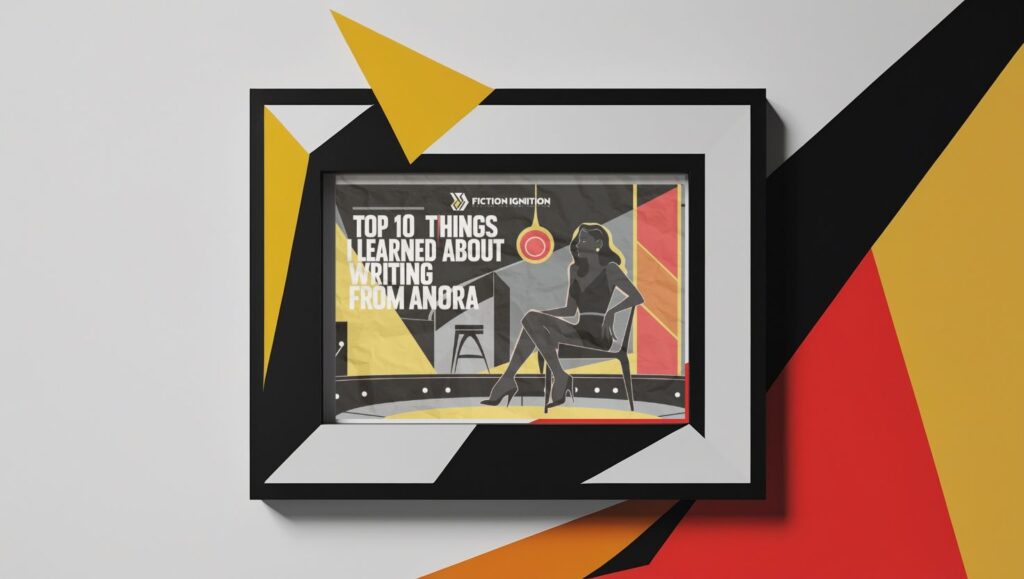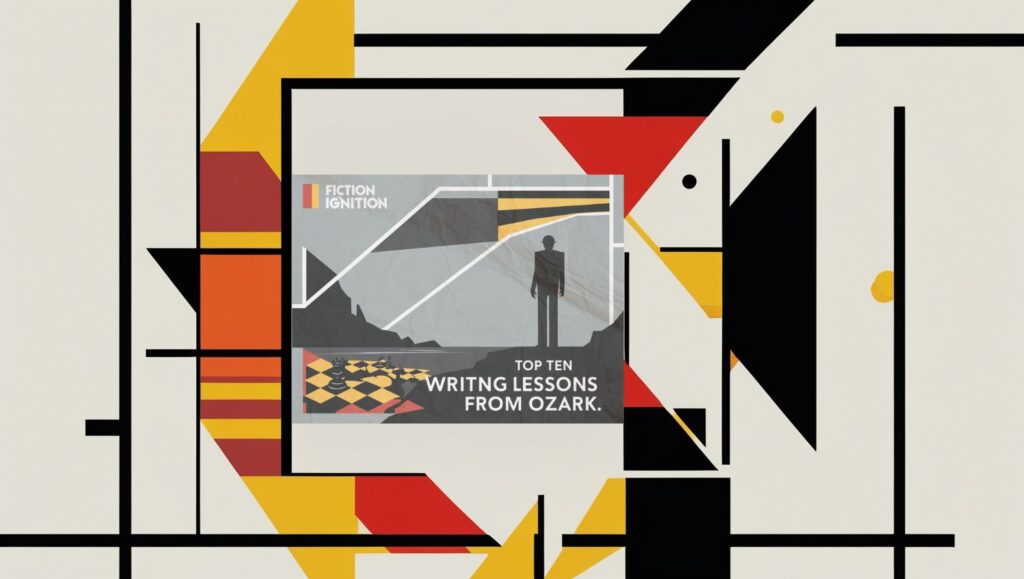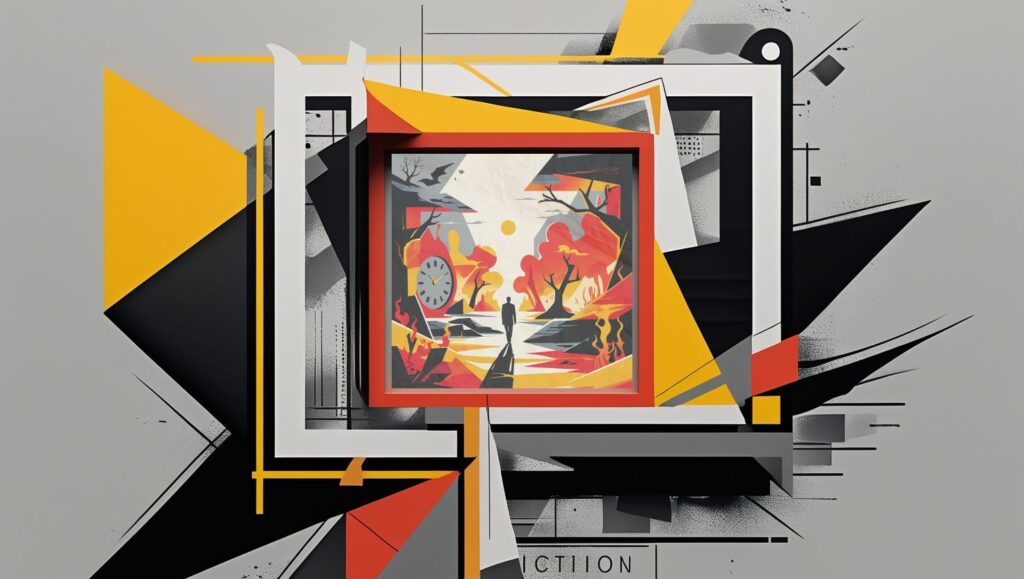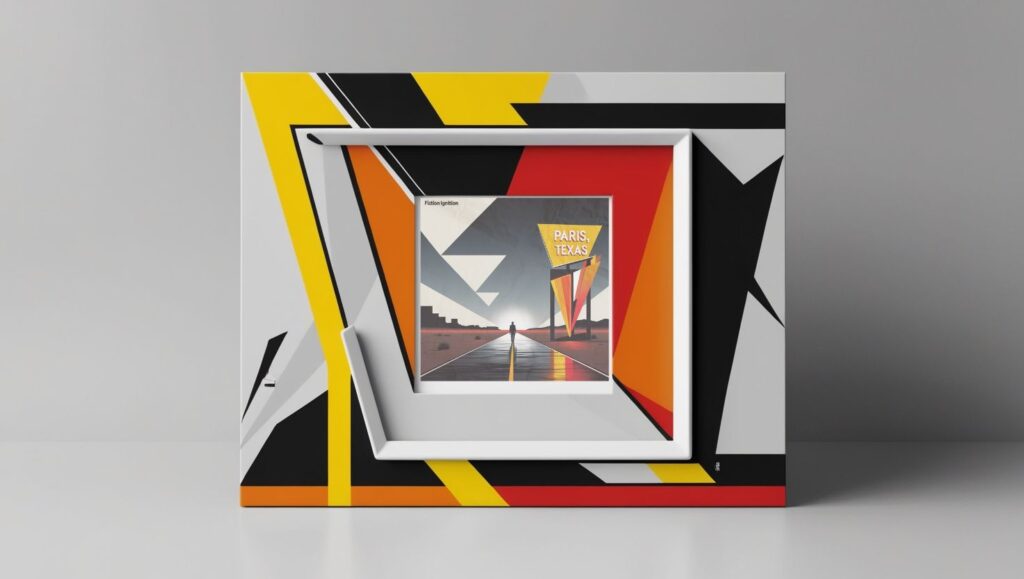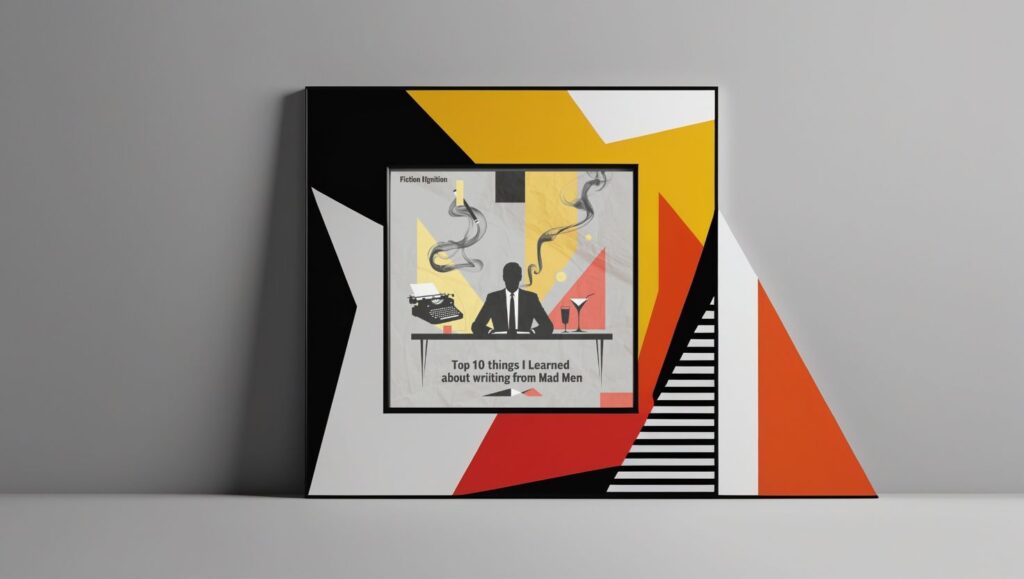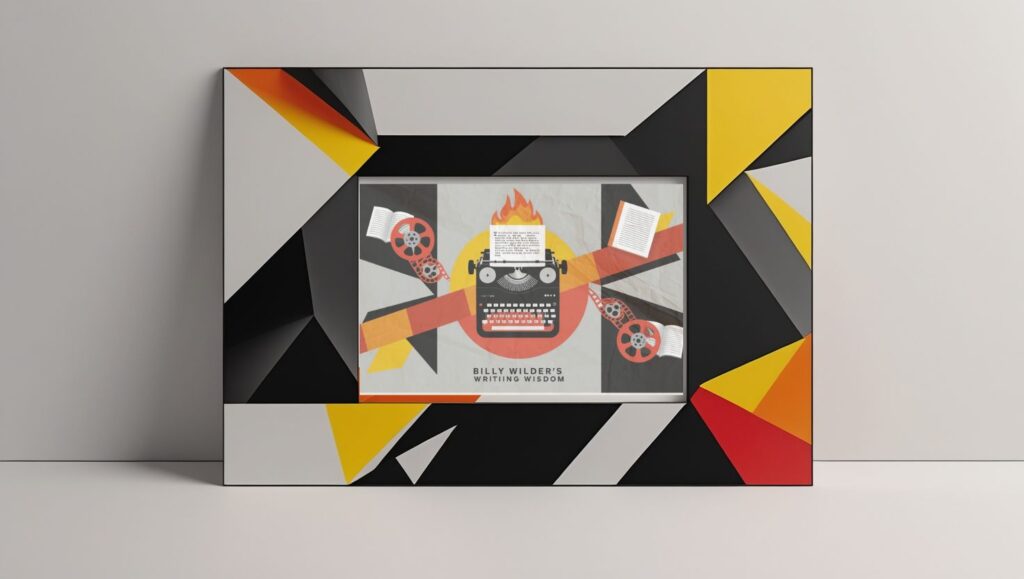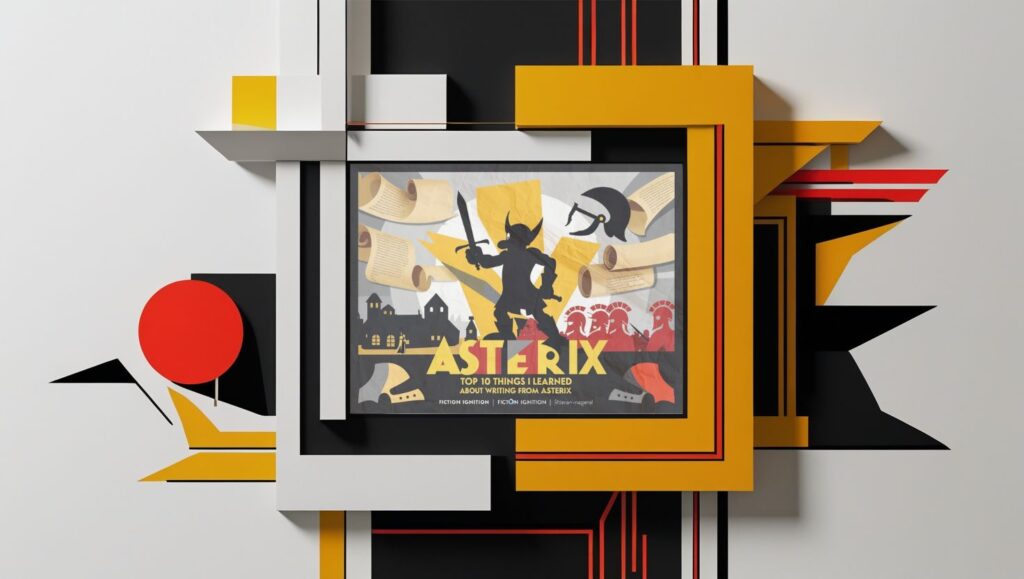Greetings, Fiction Igniters!
So, let’s talk about Anora, the little indie film that just pulled off an everything-everywhere-all-at-once moment at the Oscars, nabbing Best Picture, Best Director, Best Original Screenplay, and Best Editing—all thanks to the powerhouse that is Sean Baker. It’s raw, it’s entertaining, it’s well-crafted… but, uh, Best Picture? Best Original Screenplay? I gotta admit, I don’t entirely get it.
Sure, the Academy loves itself a little scrappy underdog film, and Anora has festival buzz written all over it. But are we really going to be talking about it in 20 or 30 years? When we look back at 2024, the movie that’ll likely still be in conversations is Dune: Part Two, which, shocker, the Academy pretty much ignored, like it’s predecessor. And let’s not even get started on Emilia Pérez—at least it only walked away with two awards. Feels like a case of festivalitis running rampant, where critical hype elevates films beyond what they actually offer.
But hey, that doesn’t mean Anora isn’t worth learning from! So, my Torchbearer Talesmiths, let’s break down the Top 10 things this film teaches us about storytelling—because whether we agree with the hype or not, there are nuggets of wisdom to mine here.
10. Authenticity Sells—But It Needs Weight
Anora thrives on authenticity. The characters feel real, the settings lived-in, the dialogue raw. Sean Baker is a master of making movies that feel like they’re happening in real life, and that’s a skill every writer should hone.
But here’s the rub: authenticity alone isn’t enough. The greatest stories—whether in novels, movies, or video games—aren’t just slices of life. They have weight. They have scope. They leave a mark. Think of Breaking Bad—gritty and real, but also deeply thematic and mythic. Anora nails the realism, but does it stick to your bones? Not quite.
Your Takeaway:
Write authentic characters, but give them larger-than-life conflicts. The best realism is paired with an elevated sense of stakes. Your story should mean something beyond just “this happened.”
9. Low-Budget Creativity Trumps Flashy Spectacle
Baker shot Anora with his usual indie spirit—real locations, non-professional actors mixed with seasoned ones, and guerilla-style filming. And it works. You don’t need a Marvel-sized budget to tell a compelling story.
Your Takeaway:
If you’re writing a screenplay, a stage play, or even a novel, remember that resourcefulness breeds creativity. Some of the most gripping stories (Reservoir Dogs, Blair Witch Project, 12 Angry Men) work because they embrace their limitations. Focus on character and tension over spectacle.
8. Editing is Writing
Baker not only directed but edited Anora himself—and you can feel how tightly he controls every moment. The pacing, the cuts, the timing—it’s all meticulously crafted.
Your Takeaway:
Writing is rewriting. Whether you’re drafting a novel, a TV script, or a game narrative, edit like a director. Cut what doesn’t serve the story. Trim the fat. Make every scene matter. Your final draft isn’t just what you wrote—it’s what you chose to keep.
7. Great Dialogue Feels Unwritten
The dialogue in Anora feels real, and that’s because it’s not trying too hard. No overly clever monologues, no Tarantino-style verbal acrobatics—just people talking like people.
Your Takeaway:
Want natural dialogue? Read it out loud. Cut anything that feels stiff. Remember how Aaron Sorkin said, “If you’re writing a novel, you’re painting with words. If you’re writing a screenplay, you’re painting with behavior”? Let characters do more and say less.
6. Small Stakes Can Feel Huge
A story doesn’t need world-ending stakes to grip an audience. Anora isn’t about saving the world—it’s about a stripper’s whirlwind marriage and its fallout. But it feels big to her, and that’s what makes it work.
Your Takeaway:
Make your protagonist’s world crash down over things that seem small to others. The best stories—from Romeo & Juliet to Lady Bird—make personal stakes feel massive.
5. Character > Plot
Let’s be real: Anora is more about the people than the story. It’s a character piece, and its strongest moments come from watching its flawed but fascinating protagonist navigate chaos.
Your Takeaway:
Write characters so compelling that the plot almost doesn’t matter. If your reader wants to follow your protagonist anywhere, you’ve won.
4. Unpolished Can Feel More Honest
The movie’s rough edges—the handheld camera work, the natural lighting, the imperfections—make it feel raw.
Your Takeaway:
Not every story needs to be polished to death. Sometimes, a little roughness adds authenticity. Think of The Road by Cormac McCarthy—the stark prose makes it hit harder.
3. Tension Comes From What’s Not Said
Some of Anora’s best moments aren’t what’s happening, but what’s about to happen. The lingering looks. The pauses. The implications.
Your Takeaway:
Learn from horror films, from Hitchcock, from the best screenwriters—tension thrives in the unseen, the unsaid, the space between words.
2. Festival Buzz Doesn’t Equal Legacy
Will Anora be remembered in a decade? Unlikely. Meanwhile, Dune: Part Two—snubbed this year—will probably be the movie people rewatch in 30 years.
Your Takeaway:
Focus on longevity, not hype. Write stories that outlast the moment.
1. Every Story Has Something to Teach You
Even if Anora isn’t the movie of the decade, it’s still full of lessons. And that’s what matters.
Your Takeaway:
Watch everything. Read everything. Find what works, what doesn’t, and why. Then apply it.
That’s all for now, my Kindle Crafters! Keep writing, keep igniting, and remember—hype fades, but great stories burn forever.
Until next time, don’t write—ignite!

